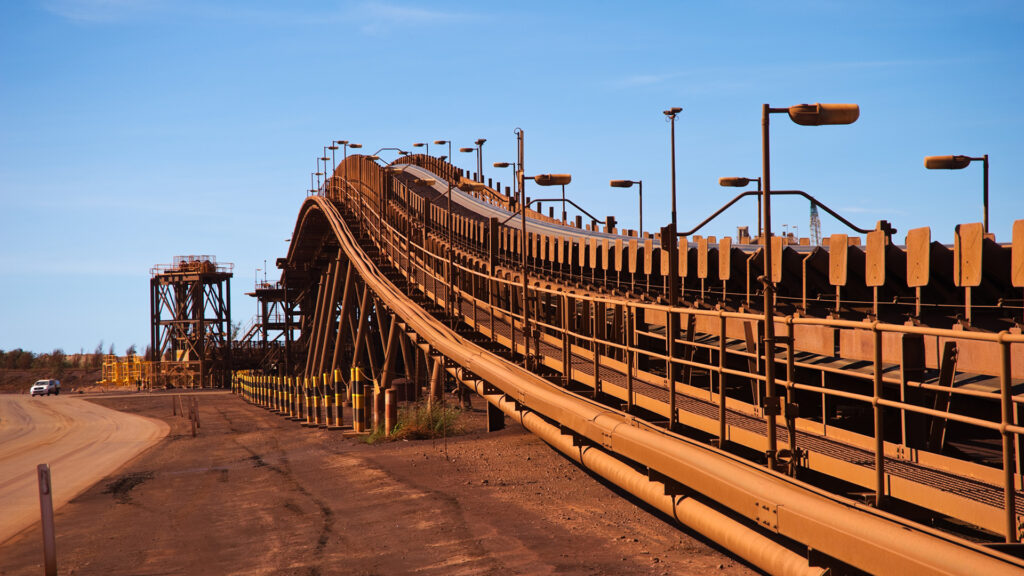Iran Sanctions Update October 2012
On 15 October 2012, the European Union announced additional restrictive measures against Iran, in response to ongoing concerns about Iran’s nuclear programme. The measures will strengthen the existing sanctions already in place against Iran and make even legitimate trade with Iran more difficult.
The new measures are contained in European Council Decision 2012/635/EC, which was published on 16 October 2012. An implementing regulation is required to make these new measures binding on companies and individuals and the timing of that implementing regulation remains unclear.
In the meantime, Regulation 945/2012, also published on 16 October 2012, has immediately increased the extent of the EU asset freeze. One further individual and 34 additional entities (mainly in the oil and gas sector) have been added to the list of persons and entities which are subject to the asset freeze.
The newly listed entities include National Iranian Oil Company (NIOC), National Iranian Drilling Company (NIDC), Iranian Oil Terminals Company (IOTC), Naftiran Intertrade Company (NICO), National Iranian Tanker Company (NITC), National Iranian Gas Company (NIGC), Petropars Limited, the Iranian Ministry of Energy and the Iranian Ministry of Petroleum. Any company with ongoing commitments with one of these companies or Ministries should immediately obtain legal advice.
The new measures will be of direct concern to any company which trades directly or indirectly with Iran where there is some EU connection, as well as any company which is involved in the oil and gas sector, or which is involved in tanker construction, or naval equipment or technology, or which supplies graphite and related metals. Likewise banks and insurers in the EU will be affected by the new restrictions.
Summary
Once implemented, the new measures in the Decision will:
- Prohibit the purchase, import or transport of natural gas from Iran.
- Prohibit the sale, supply or transfer to Iran of graphite, and raw or semi-finished metals such as aluminium and steel, and software for integrating industrial processes, which is relevant to industries either controlled by the Iranian Government or relevant to Iran’s nuclear programme.
- Prohibit the sale, supply or transfer to Iran and Iranian or Iranian owned enterprises of key naval equipment and technology for ship building, maintenance or refit.
- Prohibit the provision of flagging and classification services to Iranian oil tankers and cargo vessels.
- Prohibit the supply of vessels designed for the transport or storage of oil and petrochemical products to Iranian persons, entities or bodies (or others transporting or storing Iranian oil or petrochemical products).
- Prohibit the construction of new oil tankers for Iran or for Iranian persons or entities.
- Prohibit transactions between EU banks and Iranian banks and financial institutions (unless authorised in advance by the relevant Member State).
The Decision also amends the provisions concerning the freezing of funds and economic resources of the Central Bank of Iran.
Once implemented, the provisions are expected to apply in accordance with the usual provisions on jurisdiction (i.e. they will apply, inter alia, to transactions by EU nationals, EU companies, entities and bodies, business within the territory of the EU Member States and to the use of vessels or aircraft under the jurisdiction of EU Member States).
We will issue a further briefing once the implementing regulation has been published, but in the meantime the Decision should be carefully scrutinised by any company which is engaged in any of the following:
- The import, purchase or transport of Iranian natural gas.
- The construction of oil tankers.
- The supply of vessels for the transport or storage of oil or petrochemical products.
- The sale, supply or transfer (including carriage) of naval equipment and technology for ship building, maintenance or refit.
- The sale, supply or transfer (including carriage) of graphite, or raw or semi-finished materials such as steel or aluminium which are “relevant to industries controlled directly or indirectly by the Iranian Revolutionary Guard Corps”.
- The sale, supply or transfer (including carriage) of software for integrating industrial processes which is “relevant to industries controlled directly or indirectly by the Iranian Revolutionary Guard Corps”.
- Flagging or classification services.
- Financing, financial assistance or technical assistance associated with any of the above.
It is worth noting that some of the new measures include a “grandfathering provision” which allows existing contracts to be performed for a short period, but companies which are involved in the above activities will nonetheless need to put in place robust compliance procedures as soon as possible to protect themselves from an inadvertent breach of the new measures, once they are implemented.
For further information, please contact Anthony Woolich, Partner, on +44 (0)20 7264 8033 or anthony.woolich@hfw.com, or Daniel Martin, Associate, on +44 (0)20 7264 8189 or daniel.martin@hfw.com, or your usual HFW contact.











